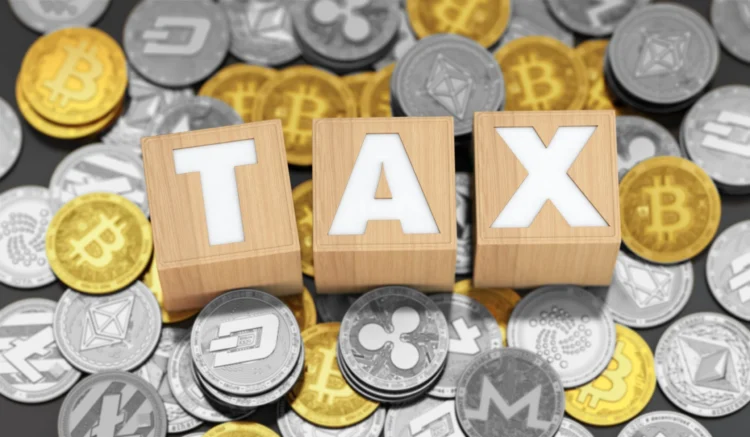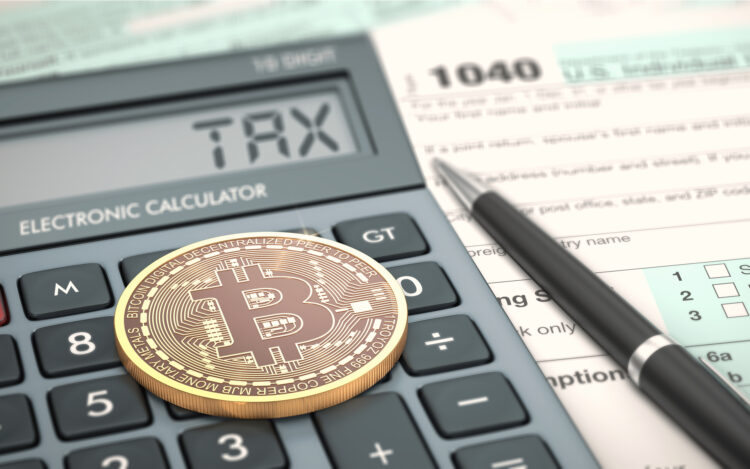When it comes to using cryptocurrency in India, many people are still unaware of what the legal and taxation requirements are. Cryptocurrency taxation in India is still a relatively new field and the government is still figuring out how to deal with cryptocurrencies in an effective and economical manner.
However, it hasn’t stopped the crypto traders and investors of India from investing in the various cryptocurrencies out there and making hugely profitable returns for themselves. According to bitcoins-era.com, it is necessary that cryptocurrency traders know exactly what the taxation scenarios are in India and how they can be best dealt with if they wish to cash in the returns they made from investing in cryptocurrency.
As matters stand, the taxes regarding monetary gains gained from cryptocurrency investments as well as the crypto gifts are still relatively unknown to most of the investors out there. If you too are one of these investors and wish to know more about the taxation laws and acts regarding cryptocurrency, then you have come to the right place.
In this article we will be listing several crucial scenarios and things that you should know about cryptocurrency taxation in India. Read the article till the end so that you don’t miss out on these crucial details.
Table of Contents
All revenue gained from cryptocurrency purchased or sold is taxable for Income Tax

Source: caymancompass.com
In simple terms, any cryptocurrency that you purchase and/or sell is considered to be sale of goods and services by the government and as such is considered to be taxable under the Income Tax Act of India. If you purchase or sell cryptocurrencies as stock for trading, you will be liable to pay the due amount of taxes under the respective Income Tax sections of India.
The section 2(13) A of Income Tax Act defines a business as a trade, commerce or manufacture of such nature that it seeks to gain profitable returns for its users. By that definition, you as a cryptocurrency investor qualify as a business under that particular section of Income Tax Act. What’s more is that if you continue to invest in cryptocurrencies and start generating viable amounts of profits, all the profits that you earn will be taxable under the 28th Section of the Income Tax Act.
How crypto mining will be taxed in India is still left for speculation

Source: tomshardware.com
In case of crypto miners that generate revenue by mining cryptocurrency for continuous amounts of time, there is still uncertainty of how they will be taxed and by which department or section under the Income Tax Act. This dispute arises because the cryptocurrency mined by miners are assets that can be turned into for capital gains, but the problem is that these assets are completely self generated and thus do not fully qualify for the definition of capital gains.
Another problem is that cryptocurrency mining does not fall under the Section 55 of the Income Tax Act (yet) which is an act solely based on acquisition of assets and improving them financially. Thus many people think that instead of going under the section of capital gains in the Income Tax Act, mining assets and their revenue will instead be pushed in the ‘income from other sources’ category where it will indeed be taxed by the Income Tax Act.
Any cryptocurrency received as gifts in large quantities is taxable

Source: observatoire-fic.com
If you are thinking of asking a friendly trader to send cryptocurrency as gifts so that you don’t get taxed by the Income Tax Act, we recommend you think again. All cryptocurrency received as gifts under the amount of Rs. 50,000 is taxable according to your individual slab-rate and all cryptocurrency received with the total value amount of Rs. 50,000 or more is taxable in its entirety by the Income Tax Department of India.
Employers cannot pay salaries in cryptocurrency

Source: findlawresources.com
It is important that you understand cryptocurrency is still not considered as a legal tender in India. In fact, it is not considered as a legal tender anywhere in the world except the country of El Salvador. Thus, it is impossible to pay employees cryptocurrencies as a viable salary under the current legal system of India.
There is a very good reason why salaries can’t be paid in cryptocurrencies and that is because they won’t be applicable under income tax since they are not a legible tender. Similarly, paying cryptocurrencies as mortgage, rent or any form of payment is not acceptable until the government of India takes the matter in their own hands and releases regulations and guidelines allowing legal use of cryptocurrency.
Cryptocurrency assets are liable for taxes depending on their duration

Source: iconow.net
A capital asset is any asset that is held by an individual for an indefinite period of time until he or she decides to sell it for monetary gain and profit regardless of what the individual’s profession or business is. The cryptocurrency you hold in your wallets qualify as capital assets as well since they too are some form of virtual property that holds value in the market.
As such, if you hold any amount of cryptocurrencies as an investment and later cash them out, you will be taxed for the amount according to the time you held the assets with yourself. If you gain long-term gains from the assets, the duration of which is yet to be specified, you will be charged a hefty 20% post indexation tax. Conversely, if you cash in your returns as short-term gains, you will be taxed according to your individual slab rate.
Cryptocurrency goods and services tax scenario

Source: hackernoon.com
All businesses that relate to transactions of cryptocurrencies and holding crypto assets are specifically taxable under the CGST act regardless of the business type and profession, until and unless said business is excluded from the act.
Several Indian crypto exchange platforms charge GST from the traders that use their platform as trading fees. Recent reports state that mining too will be charged a hefty 18% GST tax for all generated revenue.
Conclusion
There are several things you should know about the cryptocurrency taxation scenarios in India if you are a dedicated trader or investor. We hope this article was insightful for you and if it was, please consider following our website for regular updates as it will help us out immensely.

